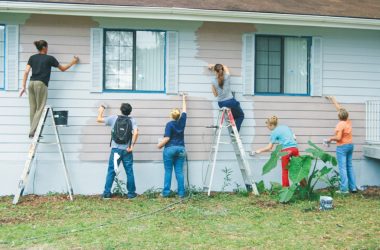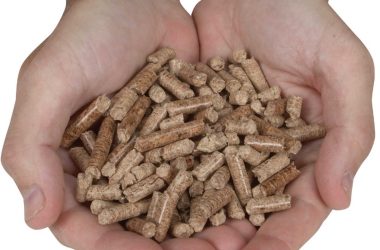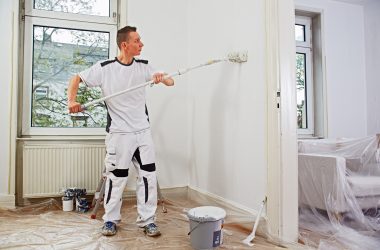Mold, a common household issue, poses significant health risks that are often underestimated. Understanding these risks and the importance of timely mold remediation is crucial for maintaining a healthy living environment. Mold can grow almost anywhere there is moisture, thriving in damp conditions such as basements, bathrooms, and even hidden within walls where water damage has occurred. Its presence not only damages the surfaces it grows on but also releases spores and toxins into the air that can have detrimental effects on human health.
Recognizing the Signs of Mold
Identifying mold in your home can be complicated. It can appear as discolored patches on walls or ceilings, often accompanied by a musty odor. Allergic reactions such as sneezing, coughing, or itchy eyes that worsen when indoors might also indicate mold presence. Persistent moisture issues like water stains or peeling wallpaper are early signs of a conducive environment for mold growth.
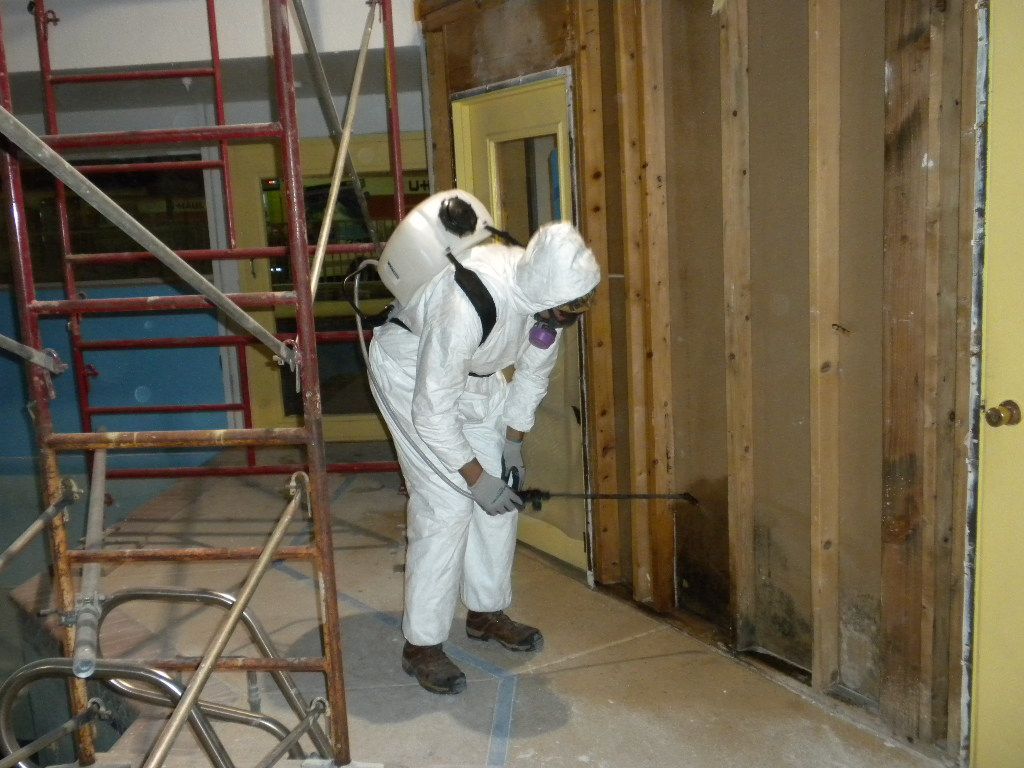
Health Impacts of Mold Exposure
Mold exposure can lead to various health problems, especially for individuals with allergies, asthma, or weakened immune systems. Respiratory issues such as wheezing, coughing, and throat irritation are common. Prolonged exposure may exacerbate asthma symptoms and increase the risk of respiratory infections. Some molds produce mycotoxins, which can cause more severe reactions including headaches, dizziness, and even neurological symptoms in sensitive individuals.
The Importance of Mold Testing
Professional mold testing can confirm the presence of mold if you suspect mold but cannot see it. This involves air sampling and surface testing to identify the type and concentration of mold spores in your home. Testing is crucial to assess the extent of the problem and guide effective remediation efforts.
Effective Mold Remediation Strategies
Mold remediation involves more than just cleaning the visible mold. Addressing the underlying moisture issue is required to prevent regrowth. Professionals use specialized equipment and techniques to remove mold and prevent its spread safely. Containment measures are employed to avoid cross-contamination to other areas of the home. Proper ventilation and drying are essential to ensure thorough mold removal.
DIY vs. Professional Remediation
While DIY mold removal may seem cost-effective, it often needs to address hidden mold and underlying moisture problems. Professional mold remediation companies have the expertise and equipment to handle mold safely and effectively. They follow industry standards and regulations to ensure thorough cleanup and restoration of affected areas.
Preventing Future Mold Growth
Prevention is key to avoiding mold problems in the future. Ensure proper ventilation in bathrooms, kitchens, and basements. Address any leaks or water damage promptly. Use dehumidifiers in damp areas and monitor indoor humidity levels to keep them below 60%. Regularly inspect your home for signs of moisture and mold, especially after heavy rains or flooding.
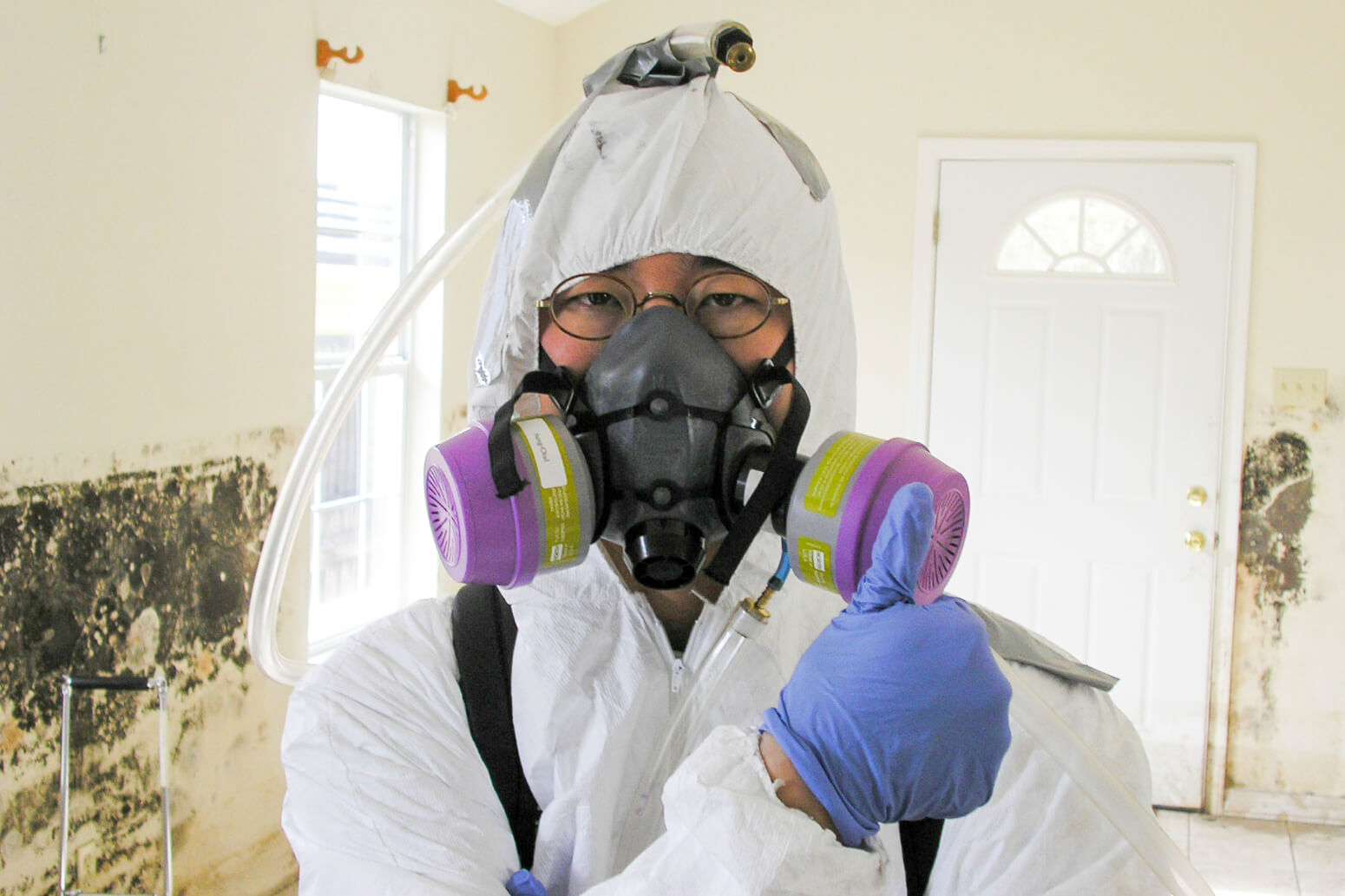
Conclusion
Understanding the health risks associated with mold exposure underscores the importance of prompt mold remediation. By taking proactive steps to address mold issues and prevent future growth, homeowners can safeguard their health and preserve the integrity of their homes. When dealing with mold, remember that professional remediation ensures thorough cleanup and reduces the risk of recurrent problems. Investing in mold remediation is not just about maintaining your property; it’s about protecting your well-being and that of your loved ones.

